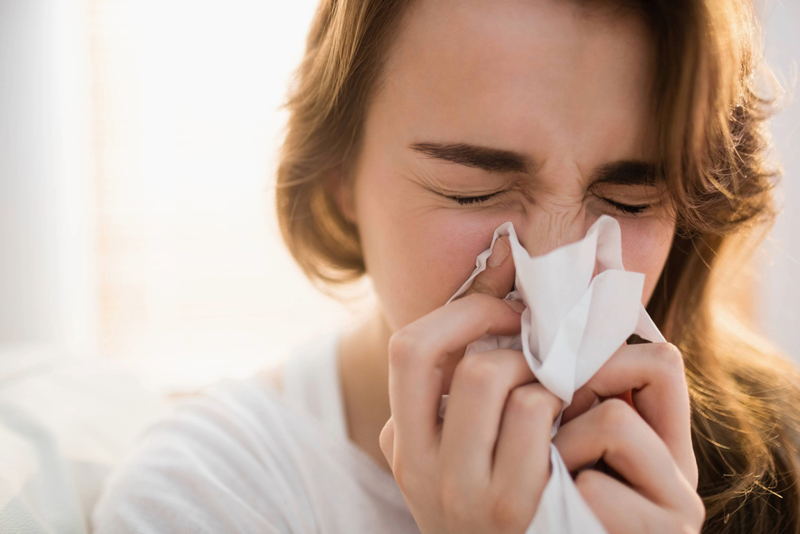News
Summer is Kidney Stone Season

Urologists often refer to summer as “kidney stone season,” and those who live or visit the mountains should be extra cautious. Warmer temperatures, higher altitude and increased physical activity can lead to dehydration, which is the number one risk factor for kidney stones.
What are kidney stones?
Kidney stones are solid formations of minerals that form within the kidney. If they travel into the ureter, the tube connecting the kidney to the bladder, this can lead to a blockage and excruciating pain in the lower back or groin. Common symptoms of kidney stones are flank/abdominal pain often accompanied with nausea, blood in the urine and new onset urinary frequency.What causes kidney stones?
Approximately 80% of kidney stones are made of calcium bound to oxalate. Oxalate is a compound found in many foods, including green leafy vegetables and nuts. Dehydration can lead to a saturation of calcium and oxalate in the urine and crystallization into stones.Another common stone type is uric acid. Uric acid comes from the breakdown of animal protein (chicken, beef, pork) and can crystallize in the urine to form stones. This stone type is most common in individuals who suffer from gout.
How are kidney stones diagnosed?
If your medical provider suspects a kidney stone, an imaging test will likely be ordered. Stones can be detected via X-ray, kidney ultrasound or CAT scan. Sometimes a urine test can show blood in the urine if a kidney stone is present. Often, urologists find kidney stones in patients who present with pain, blood in the urine, recurrent urinary tract infections and other symptoms. Stones found in these patients can be treated alongside other the conditions.What can you do to reduce the risk of kidney stones?
- Drink plenty of water. Urologists typically recommend drinking enough fluids to ensure you make approximately 2.5 liters of urine per day. This may mean you need to take in about 3 liters of water per day, especially on warm weather days and when working out.
- Even though most kidney stones are made of calcium, you should NOT decrease the calcium in your diet. Not only is calcium important for bone health, increasing foods high in calcium can actually lower your risk of kidney stones. This is because the calcium in food binds with oxalate in food and prevents the oxalate from being absorbed into your body, thus preventing it from getting into the urine to form stones.
- Avoid a lot of salt in your diet. Excess sodium can increase the amount of calcium in urine. Calcium must stay in the body and assist with important functions like maintaining strong bones. Excess sodium leads to the kidneys excreting calcium into the urine where it can then form stones.
How are kidney stones treated?
If a stone is small, it can often pass on its own, especially by increasing hydration. Often, our urology team will use medications to help pass the stone and control pain. For larger stones, or stones that are causing severe pain, we will often recommend a surgical procedure to break up the stone and remove it. This may involve a minor surgery to pass a camera through the urinary tract and use a laser to fragment the stone. We can also use sound waves to break up the stone from the outside. These are minimally invasive procedures that do not usually require hospitalization.How do I prevent future kidney stones?
For people who have a history of kidney stones, we can perform an analysis of stone material and urine testing to develop a personalized plan for stone prevention in the future. We often work with our endocrinology colleagues to help manage patients with complex metabolic or kidney issues leading to recurrent kidney stones.Most kidney stones can be prevented by staying hydrated. If you suspect a kidney stone, schedule an appointment with your primary care provider. Colorado Mountain Medical’s urology team works closely with primary care to provide specialized care should you need an additional level of support.
More News
-
More

The Benefit of Doing Hard Things
How Creating Resiliency Impacts Long-Term Health I had just returned from my first Hyrox, a fitness race...
-
More

Spring Is in the Air, And So Are Allergens—How to Combat Spring Allergies
For some of us, April marks the end of the ski season. For allergy specialists like me, it means the beginning of a...
-
More

The 3 Cs of Measles
Recent news reports on measles outbreaks have brought the once-dormant disease to the forefront of many...





